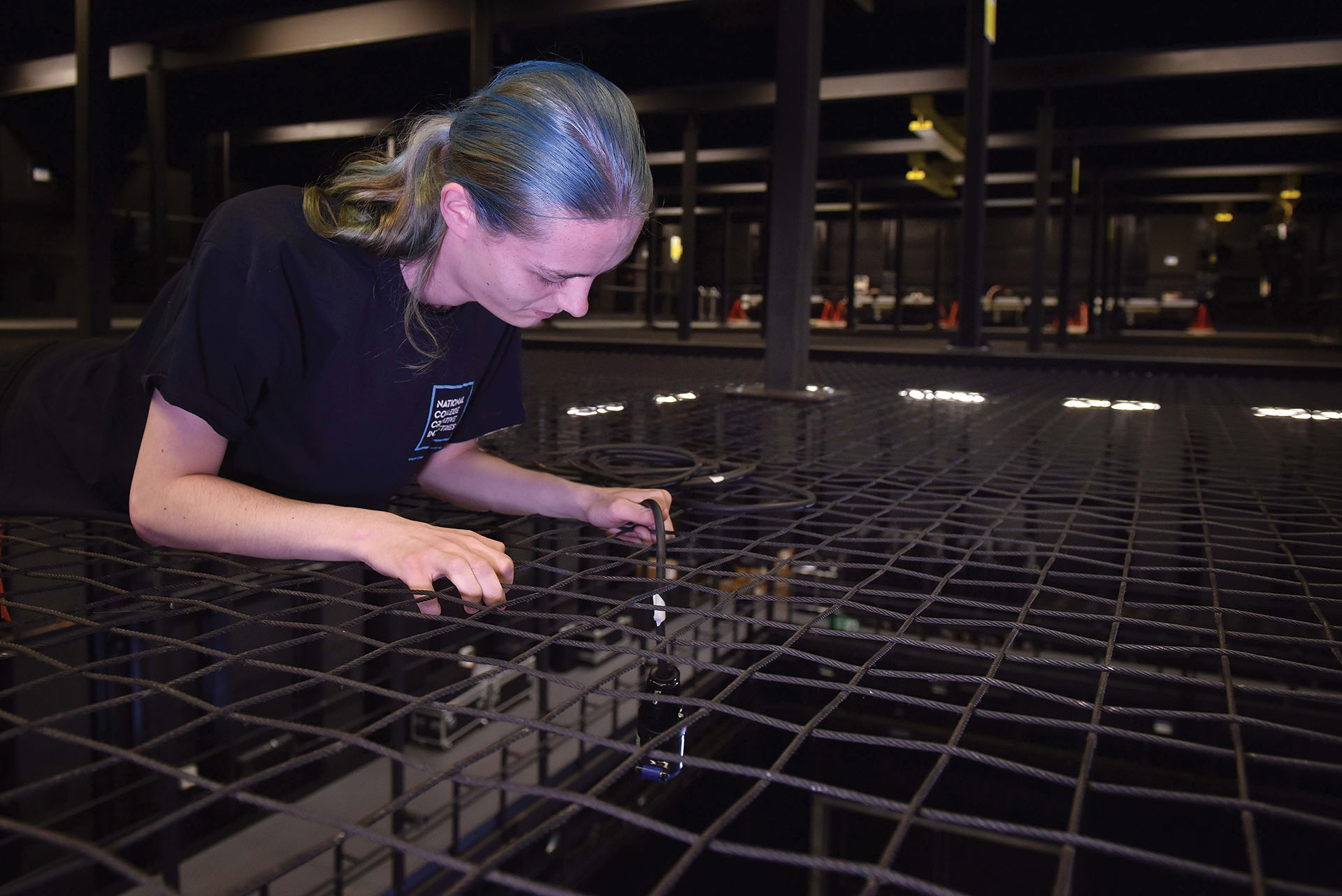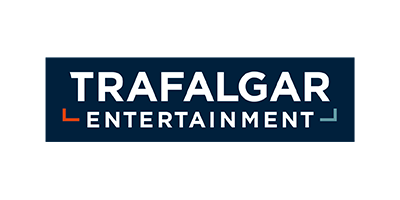Entry Requirements
No formal entry requirements
Qualifications
Level 3 Live Event Technician
Duration
This apprenticeship will typically last 24 months.
A Live Event Technician will be part of the team that turns a venue into a functioning event environment before returning the site to its original state, often within a short time frame.
Outside the event environment, Technicians are responsible for the control, servicing, repair and storage of complex technical equipment. In any context working safely and ethically is paramount and many projects are carried out in fast moving, dynamic workplaces.
Live Event Technicians will be expected to work both individually and as part of a production team. They will be able to work with minimum supervision, taking responsibility for the quality and accuracy of the work that is undertaken. They will be proactive in finding solutions to problems and identifying areas for improving processes. The nature of this role requires that candidates are physically fit and comfortable working at height.
Entry Requirements
Knowledge, Skills and Behaviours
- Product knowledge and terminology including the theory surrounding chosen specialisms such as sound, light and video.
- Understand planning processes required to deliver a live event and the importance of eliminating errors that can prove costly on site.
- Selection of the correct tools and equipment for tasks.
- Electricity and Temporary Electrical Supplies; theory, practice and safety.
- Understand Management structures within event environment, site etiquettes and culture, including on site communication and interdependencies between departments.
- Working knowledge of stock control, warehousing, storage, logistics and transportation.
- Knowledge of first aid and health and safety including manual handling, work at height, noise, working hours and fatigue and related legislation.
- Knowledge of the environmental impacts of live events and how it is managed.
- Lifting operations; theory and practice.
- A clear understanding of the sectors within the live events industry.
- Preparation, test, repair and maintenance of equipment such as amplifiers, speakers and sound control desks; lights, dimmers & lighting control desks or video screens, projectors and associated control equipment.
- Assembly of systems from component parts.
- Fault finding in components and systems.
- Operation of specialised technical equipment and tools.
- People management and interpersonal skills especially the ability to react to varied working environments.
- Computer Literacy including specialist software systems such as CAD/Design and Rental Management.
- Understand and interpret system specifications and drawings.
- Logistics, with specific reference to truck pack, the ability to judge required space for loads, and prepare Carnets & Manifests for shows travelling outside of the UK/EU.
- Lifting/Ground Rigging – much of the technical equipment used in live events is hung from pre-rigged support systems.
- Customer Service – dealing politely and respectfully with customers, ranging from Account Managers to Production Managers to the end client when on site.
- Have the ability to work as part of a team, which may vary in size and dynamic.
- Have the drive and determination to complete the job on time.
- The ability to work and remain calm & safe under pressure.
- Have a safe attitude – specifically regarding working with electricity, work at height, manual handling & noise.
- Have the ability to adapt to change with enthusiasm.
- The ability to demonstrate problem-solving abilities.
- A willingness to work unsociable hours in varying locations for extended periods.
- Punctuality, reliability and personable responsibility.
- Be self-motivated with a positive ‘can do’ attitude, clear goals and ambition.
- The ability to be an effective communicator.
Where do you see yourself?


Operating under the direction of the Technical Management Team, a
Theatre Technician will provide support for the construction, rehearsal,
presentation and removal of equipment for a live performance.
Audio video (AV) technicians set up and operate the video and audio equipment used to enhance live events. They assemble microphones, mix sound boards, coordinate graphics, operate spotlights, manage video recordings, and provide technical support for events.
A Production Manager’s role is hugely varied, covering productions from audition to the end of the show’s run. A project management role, they oversee all elements of the show.
Lighting is a key element of any show, adding to the atmosphere and creating depth in key moments. A Lighting Designer creates these moments.
A Stage Manager works closely with a Performance Director, supporting the technical crafts and ensuring that everything runs smoothly on stage and behind it.
A Repair Engineer’s job is to ensure that all the equipment needed to put on an event runs as expected, is kept up to date with maintenance schedules, and to be on hand to fix anything that breaks during a performance.





